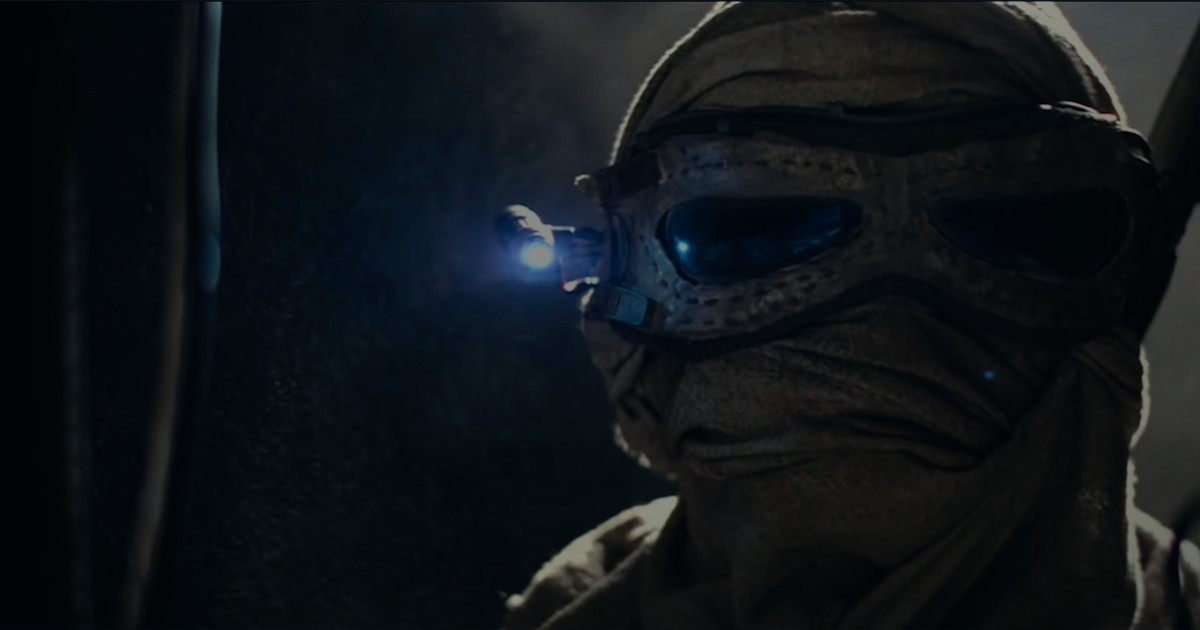Have you ever noticed that you feel awkward after interacting with some people you are surrounded by and interact daily? I mean relatives, friends, colleagues, some other people you interact with while purchasing services (e.g. communities, trainers, peers, dentists, etc.) – the environment we coexist in. Over time things just tend to create patterns.
Sometimes, it might happen that you have never experienced anything, well, different. The cost? Opportunities. Great ones? Quite possible.
Tell me who your friends are, and I’ll tell you who you are.
Spanish proverb
Everyone we meet has their set of values that we interact with. And when we do, we exchange. In a stream of constant interactions, we both give and receive.
How can you know what you should be looking for when you don’t know what it is? ?
Behavior speaks and it’s loud

Let’s dive deeper and identify the sought by reverse engineering. Behavior is the product of values. As life goes on we make choices that create our experiences. They define our identity over time.
Behavior can be expressed through master programs that we follow: Theory-of-Action and Theory-in-use. The “Theory-of-Action” is what we tell we believe in. The “Theory-in-use” is what we actually believe in. When both express the same, we tell what we believe in and act to it accordingly. Simply put – words and actions go hand in hand.
Another component is the reasoning mindset: Defensive or Productive. Theories and mindset combined, represent two models with a set of values:
Model I (Theory-in-use + Defensive mindset):
- Having things under control single-handedly;
- To win, but not to lose;
- Suppression of negative emotions;
- Rational behavior;
Model II (Theory-in-use + Productive mindset):
- Search for objective evidence;
- Creates an environment for informed decision;
- Constant monitoring and correction of errors;
The symptoms of “Model I”? Fear (e.g. threat to career, authority, and privileges), ignorance (e.g. not willing to accept the opinion of others, suppression of others), ignoring (e.g. submerging the issue or making it undiscussable).
“Model II”? Sharing (e.g. responsibility sharing, encouraging others), openness (opinions of others matter, supporting the success of others), curiosity (evidence-based decisions/informed decisions).
Diplomacy as a guide

Two “diplomacy schools” sometimes compared. The one related to Niccolo Machiavelli, and the other to Françoise de Collier. They are distinctive in terms of methods used to reach for a goal.
The school of Machiavelli uses power and strength to take advantage and achieve dominance over the weaker counterpart. Deception and intimidation are common.
At the same time, the school of French diplomacy of Françoise de Collier pursues long-term play relying on trust and cooperation, which requires time and nurture to develop relationships that will serve as a foundation to create synergy.
Limitless

Making a decision or a choice might sometimes feel like a drama of the world about to come to an end. You concentrate so much on the urgency to find the best solution right this moment that the ability to act on other vital aspects of life just gets paralyzed.
Funny fact is that most of the time all the circumstances and outcomes cannot be assessed and foreseen no matter how hard we try. The solution might not be an obvious one. And sometimes letting go, making a first small step and give it time, is the best you can do.
The Choice
What has studies revealed is that “Model I” and “Model II” both lead to success. It can be different in terms of experience, quick as bliss, or long-lasting. There are no shortcuts. Instead, it might be worth asking yourself, which journey will make you, happy?
I wish you well ?

